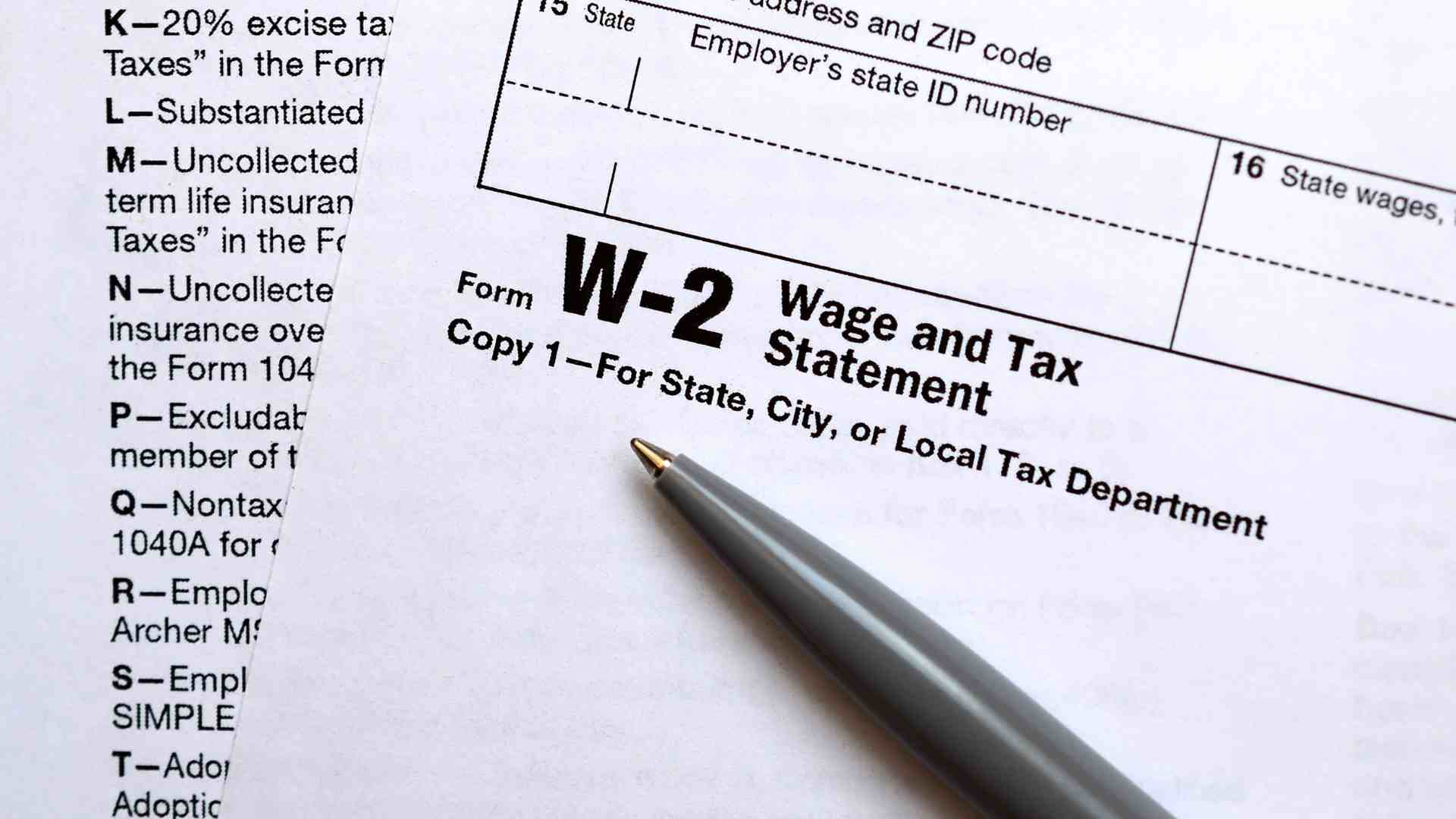Torben Robertson
11 mins
What jobs offer car allowances? Car allowance explanation and relevant jobs

Speak to an Expert
Book a CallA car allowance is an alluring perk for employees who drive their own vehicles, but it is often enigmatic. Here’s what you need to know if you’re hoping to land one at your next job.
Introduction
If you’re looking for a full-time job that offers perks beyond everyday things like healthcare and company cars, it’s crucial to consider fringe benefits such as a monthly car allowance.1 When an employer chooses to offer car allowances, it means that instead of using an account manager to oversee a whole fleet of company vehicles, a company reimburses drivers who supply and drive a personal car for work-related purposes; this helps cover the costs of owning and operating their own car, making expensive necessities such as fuel, maintenance, insurance, and depreciation less of a financial burden.
There are many benefits of having a job that comes with a car allowance program, including the following:
- Reduced transportation costs for employees
- Greater flexibility in vehicle choice
- Potential tax benefits for drivers
- Less risk/liability for employers
No doubt, there are plenty of reasons a job that includes a company car allowance can attract and benefit employees. In this article, we will explore some jobs that provide car allowance and how to apply for them.
1 Fixed and Variable Rate Allowance (FAVR)
Types of jobs with car allowance
Car allowance work is usually found in sales-related industries and certain specialized professions which require frequent travel to meet clients, prospects, or distributors. A car allowance can help a sales rep maintain a precise travel itinerary – only a reliable and professional vehicle can guarantee that high-stakes deadlines are met. Managerial roles may also involve traveling to different locations or offices and representing the company at events or meetings. Certain specialized professions, such as engineers, construction workers, or medical professionals, may need a car allowance to visit different sites or provide services to clients in various locations. Given the specific needs of these jobs, car allowances may be less common in industries where most work is done remotely or online, such as education, media, or government.
Taxable vs. non-taxable car allowances
Tax-free car allowance (“TFCA”)
TFCA is arguably the best type of car allowance; it allows employees to receive a fixed monthly amount to cover their vehicle expenses without paying taxes. A TFCA can be structured however a company likes, but is compared to the IRS mileage rate to determine taxation levels; other rules for accountable allowance plans apply, such as those that require employees to track their business mileage and submit expense reports. Employees and companies must prove that car allowances are used for business purposes, not personal. TFCA benefits employers and employees, reducing the tax burden and providing a fair and transparent way to reimburse vehicle costs.
FAVR and cents per mile
FAVR stands for Fixed and Variable Rate, another type of car allowance that follows the IRS guidelines for accountable plans. FAVR pays employees a fixed monthly amount for specified vehicle costs, such as depreciation, insurance, and registration, and a variable amount per mile for irregular expenses, such as gas, maintenance, and tires. FAVR reflects the actual costs of operating a vehicle in different geographic areas and driving conditions. Cents per Mile is a simpler version of a vehicle reimbursement allowance, which pays employees a flat rate per mile for all vehicle expenses. Cents per Mile is based on the IRS standard mileage rate, which is updated annually. FAVR and Cents per Mile are tax-free car allowances requiring employees to track their business mileage and submit expense reports.
Vehicle reimbursements: the best car allowances?
Vehicle reimbursements are the best car allowances. Unlike fixed car allowances (those not based on data, using arbitrary figures and not using mileage tracking), which are taxable and do not account for the actual driving costs, vehicle reimbursements are based on the mileage and expenses of each employee. This means that vehicle reimbursements are more fair, accurate, and tax-free. Vehicle reimbursements also benefit employers, as they can save money by paying only for the business use of the vehicles and avoid the risks and liabilities associated with providing company cars – if an employee has a spotty driving record, it could be pretty stressful for employers who have opted for a company car offering with commercial auto insurance. In that sense, vehicle reimbursements are a win-win solution for employees and employers who need to use their cars for work purposes.
Pros and cons of car allowance jobs
Pros
- Flexibility: Employees get to choose their car instead of using one provided by employers; they are free to prioritize their preferences regarding vehicle type, model, and specialty features. Employees can also decide how often to use it and when to replace it. This kind of freedom, finally, permits drivers to use their vehicles for personal trips as long as they keep track of their mileage and expenses for tax purposes.
- Cost-efficiency: Employees can finance the car in a way that works for them. Whether they want to purchase, lease, hire purchase, personal contract purchase, or take on a bank loan – workers are in the driver’s seat! Depending on the allocation amount and the distance traveled, an employee may be able to cover most or all of their business and personal use car expenses with the allowance.
- Tax perks: Employees can claim allowable expenses on their income tax return if the car allowance is taxable and based on a reasonable per-mile rate. This can reduce their taxable income. Employees can either claim the standard mileage rate or the actual expense method to deduct their car expenses from their taxable income. The standard mileage rate is a fixed amount per mile that the IRS allows for business use of a car. The actual expenses method is based on the actual costs of operating a vehicle for business purposes. Employees should compare both ways and choose the one that benefits them most.
- Image boost: Driving a reliable and presentable car can improve a company’s professional image and reputation. This can help impress clients, customers, and colleagues and boost employees’ confidence.
A car allowance is undoubtedly a valuable benefit. However, an employee must also be aware of the potential drawbacks of a car allowance, such as increased liability, higher insurance premiums, and possible environmental impact.
Cons
- The main con of car allowances only applies if the car allowance is taxable: make sure you implement a sound reimbursement allowance policy in order to make sure that drivers and companies aren’t paying tax on their car allowance! This could save the two together around 30% from payroll and income tax.
- Insurance coverage may vary depending on a driver’s record and the vehicle chosen. The hassle of higher insurance premiums is, consequently, back on the table. Make sure you get a business use endorsement if you are driving your car for work.
- Workload: if you are running a car allowance program in-house, these can be complicated for both drivers and administrators. A good option is to outsource your car allowance program in order to mitigate this con.
Factors to consider when evaluating car allowance jobs
First and foremost, job seekers need to understand which jobs offer car allowances at all by conducting extensive searches.2 Most companies are not so generous, and even when they do opt for such perk, not all car allowances are the same. With that in mind, job seekers should consider some critical factors before accepting a job that comes with this perk.
- Amount: Depending on the employer and the industry, a car allowance can range from a few hundred to a thousand dollars monthly. A higher car allowance may seem attractive, but it may also bring with it implicitly higher expectations and responsibilities. The employer, for instance, may require the driver to use the car for a certain number of hours or miles per week or to meet unrealistic standards of appearance and performance.
- Flexibility: Some employers may give their employees the freedom to choose any vehicle they want if it fits within the budget and meets the work requirements. Other employers may have a specific list of approved vehicles that the employee can select from or even provide a company-owned car that the employee can use. The type of car may affect the employee’s personal preferences, tax implications, and insurance costs.
- Travel limitations: Some jobs may require the employee to use the car for frequent travel, client meetings, or deliveries. Other positions may only need occasional or minimal use of the vehicle. In this sense, the job requirements may affect the employee’s work-life balance, fuel expenses, and wear and tear on the car.
Tips for negotiating a car allowance
Not all employers offer a car allowance, and even if they do, the amount may vary depending on the industry, location, and level of responsibility. So, it is imperative to negotiate a favorable car allowance as part of your compensation package when applying for a new job. Or, at the very least, bring up the prospect of receiving the benefit.
- Highlight your value and why you need a car allowance. When discussing your annual salary expectations with the employer, emphasize how your skills and experience will benefit the organization and how a car allowance will enable you to perform your duties more effectively and efficiently. For example, you can mention how often you must travel, how far you must drive, and how a car allowance will reduce stress and increase productivity.
- Be flexible and creative. If the employer is reluctant or unable to offer you a car allowance, you can explore other options that may suit both parties. For example, you can ask for a higher base salary, a mileage reimbursement, a gas card, a parking pass, or a company car. You can also suggest a trial period or a performance-based increase for your car allowance.
- Be respectful and professional. Negotiating a car allowance is part of the compensation negotiation process, which requires tact and diplomacy. You should avoid making ultimatums or demands that may offend or alienate the employer. Instead, you should feel more interested and excited about the job and be willing to work together and reach a mutually beneficial agreement.
Not all employers have the same policy regarding car allowance, and some may not offer it at all. Informing potential employers about car allowances before they accept a job offer is essential. Here are some specific strategies for doing so:
- Conduct research: Car allowance policies can differ radically, so it’s essential to look for information on a company website, job descriptions, or online reviews from current or former employees. This will help you know what to expect and negotiate for.
- Ask questions: During an interview, don’t be shy about querying about car allowances. You can discuss the topic politely and professionally and explain why you need a car allowance for your role. For example, you can say, “I noticed that this position requires frequent travel to different locations. Do you offer a car allowance for employees who use their vehicles?” or “I have a reliable car that I use for work purposes. How do you compensate employees for car-related expenses?”
- Negotiate: Feel free to negotiate if a car allowance is not offered or is blatantly insufficient. You can highlight your skills and qualifications and show how a car allowance will benefit you and the employer. For example, you might say something along the lines of:
- “I have extensive experience in this field and can bring much value to your company. However, I also must consider the costs of using my car for work. A car allowance would help me to perform my duties more efficiently and effectively.”
- “I appreciate your offer but was hoping for a higher car allowance. Car allowance is important for me because it covers the wear and tear of my vehicle, which I use primarily for work. Can we discuss this further?
Conclusion
A car allowance is an excellent perk for employees who must drive a vehicle for work purposes. It helps them cover the costs of owning and operating a car, such as fuel, maintenance, insurance, and depreciation. It also gives them more choice, flexibility, and convenience over their vehicle. A car allowance is usually paid monthly, quarterly, or annually based on a reasonable per-kilometer rate. Employees can claim allowable expenses on their income tax return if the car allowance is taxable. A job that offers a car allowance can improve your professional image, reputation, and personal satisfaction and comfort.
Share on:


